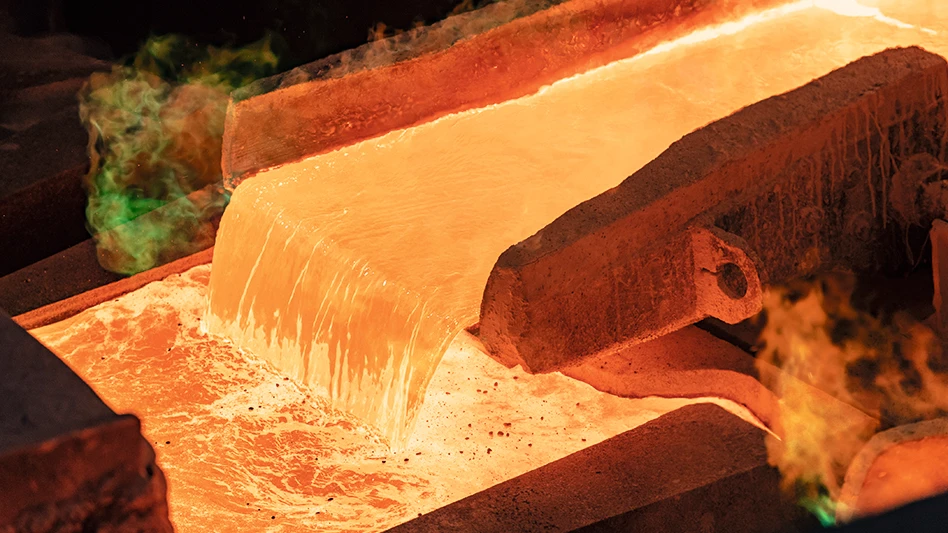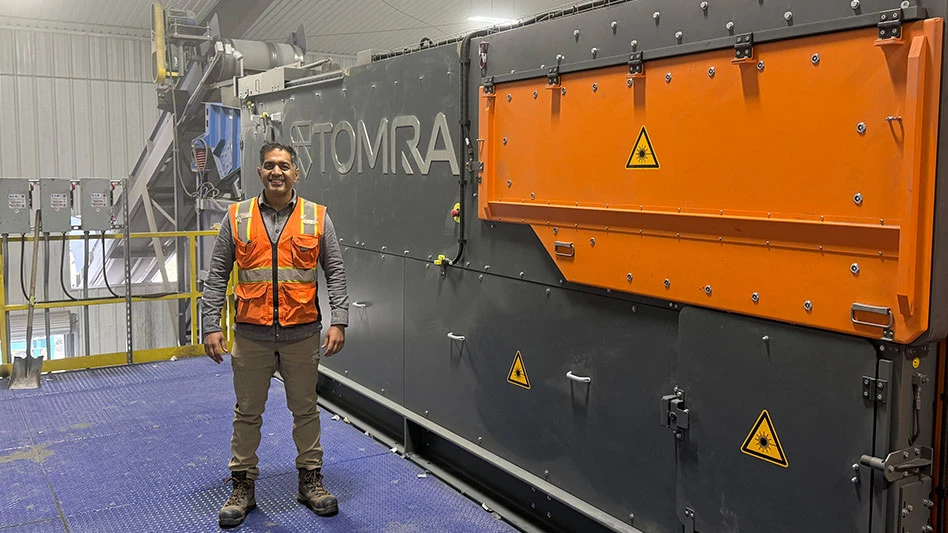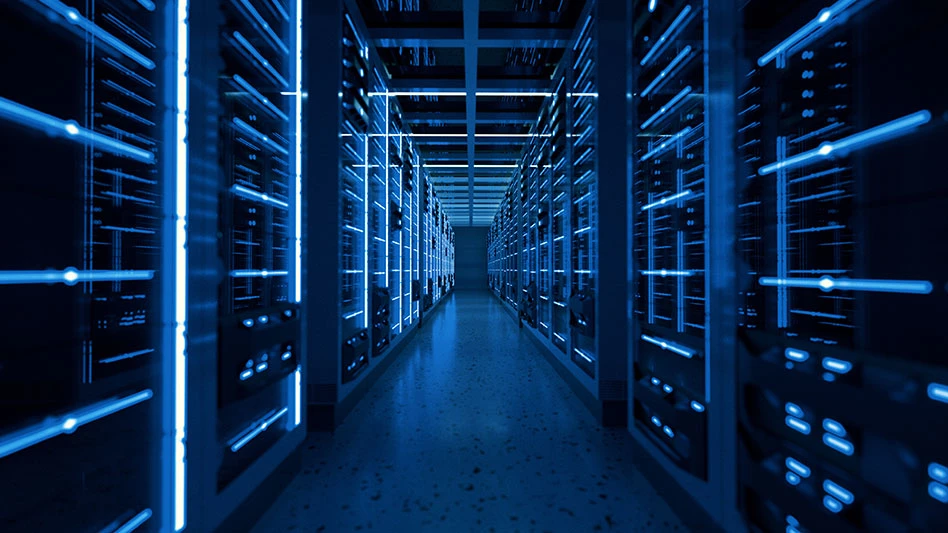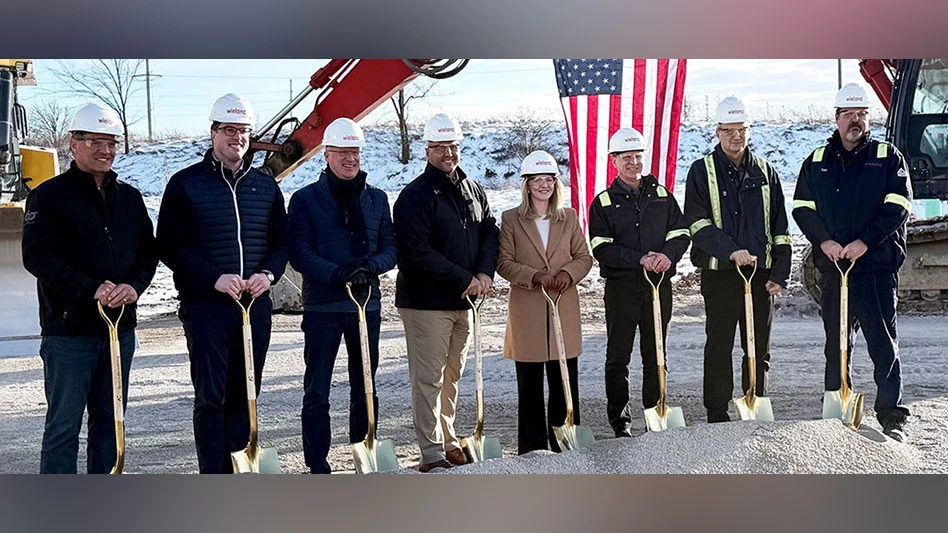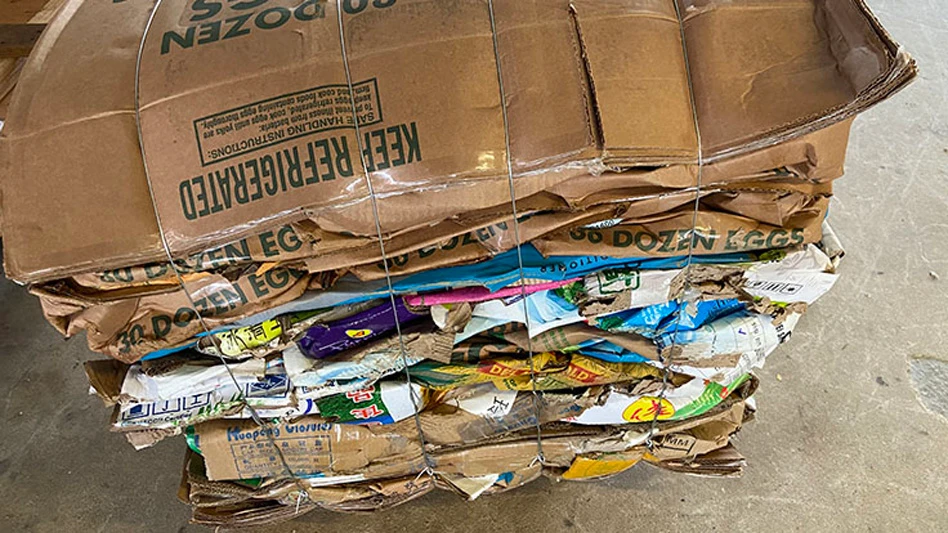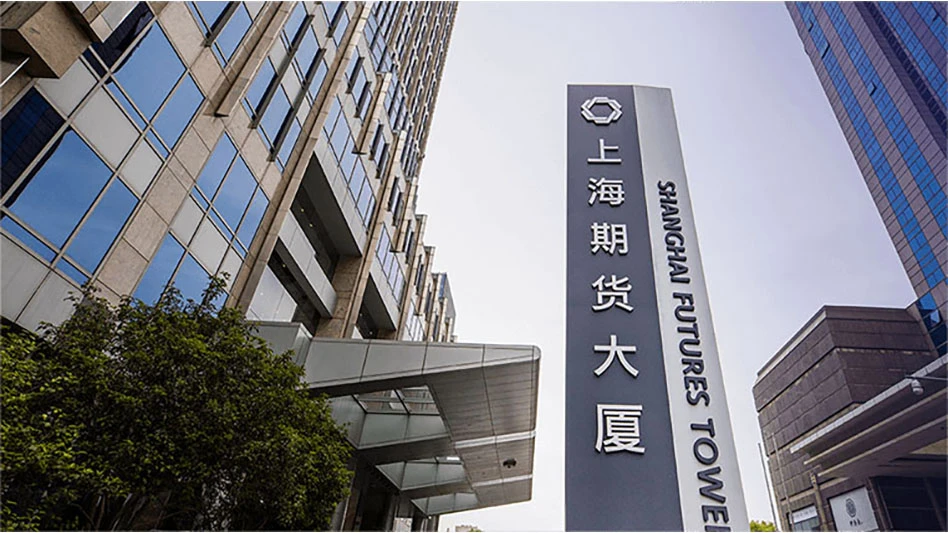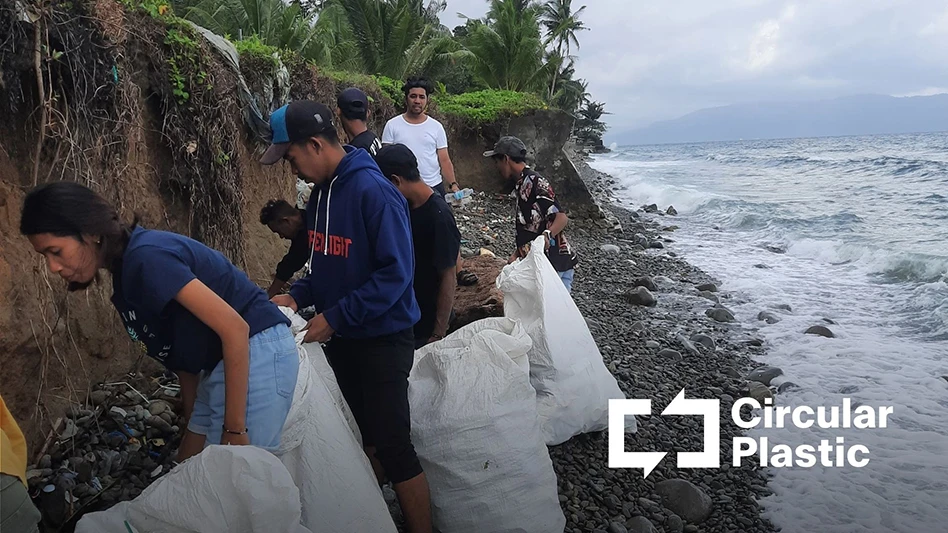
Photo courtesy of PCX Circular Plastic
PCX Markets, a plastic pollution cleanup-focused organization with offices in Singapore, San Francisco and the Philippines, says it has started operating its PCX Circular Plastic platform, which it says can provide a way for brand owners who use plastic with a method to fund audited cleanup activities in places where plastic pollution is a problem.
The company, which is a spinoff of nonprofit group PCX Solutions, says the platform also can act as a source “steady supply” of recycled-content resins for brand owners from what it calls verified recycling partners.
“By choosing PCX Circular Plastic, businesses become part of a global ecosystem accelerating the transition to a circular economy,” says Sebastian DiGrande, CEO of PCX Markets.
“When businesses invest in this solution, they’re not just meeting their recycled content targets—they’re helping to close the funding gap for waste management solutions in markets that need it the most and creating jobs in communities hardest hit by the plastic pollution crisis,” he adds.
PCX contends that businesses worldwide want to reduce their reliance on virgin plastic and help address plastic pollution. “Finding diversified sources of responsibly sourced recycled content, however, is a real challenge,” the firm says.
The ASEAN (Association of Southeast Asian Nations) region organization says companies that choose PCX Circular Plastic “can be assured the postconsumer recycled content they’re buying comes from recycling projects that have been audited according to rigorous, third-party standards that include environmental, social, labor and workplace safeguards.”
PCX points to a United Nations statistic that indicates more than $1.6 trillion might need to be invested to significantly address plastic pollution by 2040, with “the biggest need [in] the Global South, which lacks waste management infrastructure and bears the brunt of the plastic crisis.”
Market incentives alone might not be enough, PCX says. Citing the World Bank, PCX says there is “a gap of $28 to $40 per ton for plastic [scrap] collection and $24 to $40 per ton across plastic recycling value chains in the Philippines, Indonesia, Thailand and Vietnam.”
The firm continues, “Verified plastic credits can help close the funding gap, connecting brands that want to fund downstream cleanup with project partners that need additional funding.”
Regarding the PCX Circular Plastic platform, DiGrande says, “It’s all transparent—the entire process can be tracked, traced and verified.”
Latest from Recycling Today
- Aduro selects Netherlands as site for industrial scale-up facility
- Nasco-Op declares dividend
- Cyclic Materials announces plans for South Carolina campus
- WM reports revenue, earnings growth in Q4 and full-year 2025
- Solarcycle’s Cedartown, Georgia, recycling facility opens
- Stadler equips Spanish MRF
- SSAB finishes 2025 with decreased revenue
- Vecoplan appoints CFO
